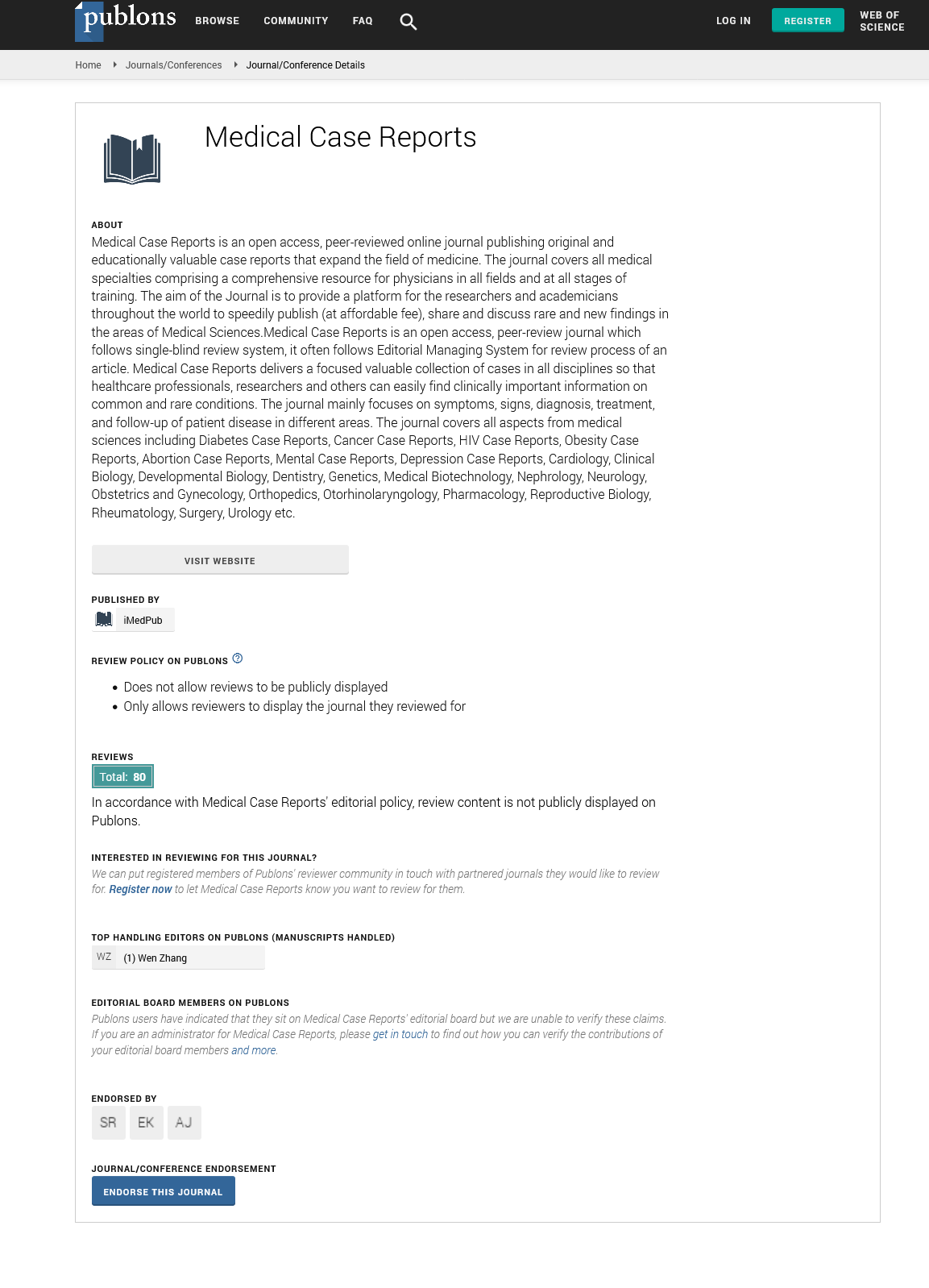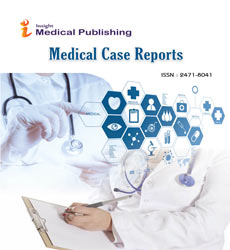Abstract
A Heavily Treated HIV-1 Infected Patient with Multiclass Drug Resistance: A Case Report and Review of Management Challenges in Settings with a Limited Formulary
There is a trend of increasing burden of pre-treatment and acquired HIV drug resistance in sub Saharan Africa (SSA). The HIV drug resistance (HIVDR) is mainly due to non-nucleoside reverse transcriptase inhibitors (NNRTI) resistance, followed by Lamivudine associated Resistance associated mutations (RAMs). Use of thymidine analogue nucleoside reverse transcriptase (NRTIs) inhibitors account for development of Thymidine Associated Mutations (TAMs) as acquired drug resistance. Late diagnosis of anti-retroviral (ART) failure, use of ARVs with low genetic barrier to resistance and potential for cross-resistance between regimens are important drivers of HIV drug resistance in sub Saharan Africa (SSA) settings. Here we report a case with profound immune deficiency, high viral load and genotypic testing revealed resistance to nucleoside, non-nucleoside reverse transcriptase inhibitors and protease inhibitors. The key message is prolonged antiretroviral therapy failure poses a significant risk for developing acquired HIV drug resistance. Additionally, blind switching of ARVs without virologic monitoring is a major concern for HIV programs in resource-limited settings where treatment options are limited.
Author(s):
Joan Rugemalila* and Samuel Kalluvya
Abstract | Full-Text | PDF
Share this

Google scholar citation report
Citations : 241
Medical Case Reports received 241 citations as per google scholar report
Medical Case Reports peer review process verified at publons
Abstracted/Indexed in
- Google Scholar
- China National Knowledge Infrastructure (CNKI)
- Cosmos IF
- Directory of Research Journal Indexing (DRJI)
- WorldCat
- Publons
- Secret Search Engine Labs
- Euro Pub
Open Access Journals
- Aquaculture & Veterinary Science
- Chemistry & Chemical Sciences
- Clinical Sciences
- Engineering
- General Science
- Genetics & Molecular Biology
- Health Care & Nursing
- Immunology & Microbiology
- Materials Science
- Mathematics & Physics
- Medical Sciences
- Neurology & Psychiatry
- Oncology & Cancer Science
- Pharmaceutical Sciences


